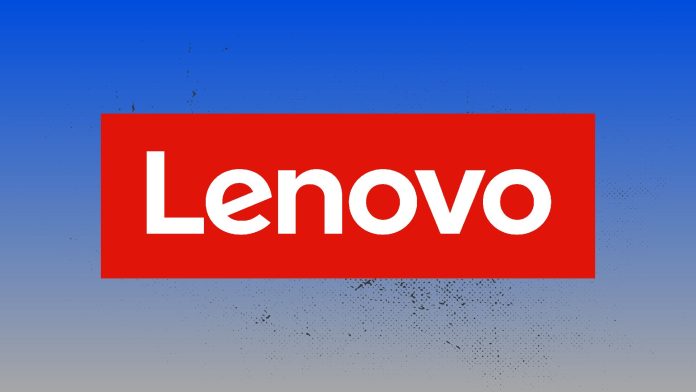The future of work is here, and for small businesses, adapting to hybrid workplace models is no longer just an option—it’s a necessity. As organizations navigate the evolving demands of their workforces, the question of whether to embrace fully remote setups or return to the office full-time has shifted toward a more flexible approach. Recent data shows a significant trend, with only 31% of U.S. corporate employees required to work on-site full-time, marking an 11% decline from the previous year. In Europe, 60% of employees continue to work from home at least one day a week.
While employees enjoy the autonomy and cost savings that come with hybrid work, small business owners also face new challenges, particularly within their IT departments. Traditionally, IT infrastructure was managed on-site, allowing easy oversight and direct interaction. However, the hybrid work model complicates these processes. IT must now remotely handle devices, onboard users from a distance, and ensure secure digital workspaces for a dispersed workforce. This paradigm shift has left many IT teams overwhelmed, often with little time to innovate or plan for the future. Recent research indicates a staggering 60% of IT leaders lack a solid plan for incorporating advanced technologies like artificial intelligence (AI) into their operations.
Amid these challenges, Lenovo has stepped in with a solution aimed specifically at small business needs. The tech giant recently launched its AI-powered Digital Workplace Solution (DWS), dubbed “Care of One,” intended to ease the burdens on IT departments while enhancing the overall employee experience within hybrid environments.
One of the key benefits of this platform is its ability to automate routine IT tasks that typically consume precious time and resources. For instance, Lenovo Device Intelligence (LDI) Plus automates patch updates and monitors device health to identify vulnerabilities before they become significant problems. This proactive approach not only minimizes downtime but also helps keep employees productive, regardless of their location.
Another impressive feature is the AI-driven self-service helpdesk. By utilizing natural language processing, this tool allows employees to troubleshoot and manage their device upgrades independently. It analyzes usage patterns to provide personalized recommendations, ultimately reducing the need for IT intervention for common issues.
For small business owners, the implications of adopting these technologies are substantial. Providing employees with self-service capabilities can lead to increased productivity and morale. By minimizing the time IT teams spend on routine support, businesses can allocate more resources toward strategic projects that drive growth and ensure long-term success.
However, there are challenges to consider. The transition to an AI-integrated IT model requires initial investment and ongoing support. Small business owners must evaluate whether they have the necessary resources and expertise to implement these systems effectively. Additionally, a shift in workplace culture may require training and adaptation from both employees and management to maximize the benefits of the hybrid model.
The Care of One platform offers a pathway for small businesses to not only navigate the complexities of hybrid work but also turn them into opportunities for growth and innovation. By enabling IT teams to focus on transformative projects rather than getting bogged down in everyday tasks, Lenovo is helping businesses future-proof themselves in an increasingly digital landscape.
As hybrid work solidifies its place as a standard operational model, small businesses must leverage available solutions to adapt quickly. Lenovo’s advancements are particularly relevant for organizations seeking to enhance their IT capabilities while ensuring employee satisfaction and productivity. By embracing innovation through automation and AI, small businesses can thrive in the hybrid workplace and turn potential pitfalls into stepping stones toward a successful future.
For further details on Lenovo’s approach to improving the hybrid work experience, you can read their full press release here: https://news.lenovo.com/easing-hybrid-office-friction-with-ai-solutions/.
Image Via BizSugar



